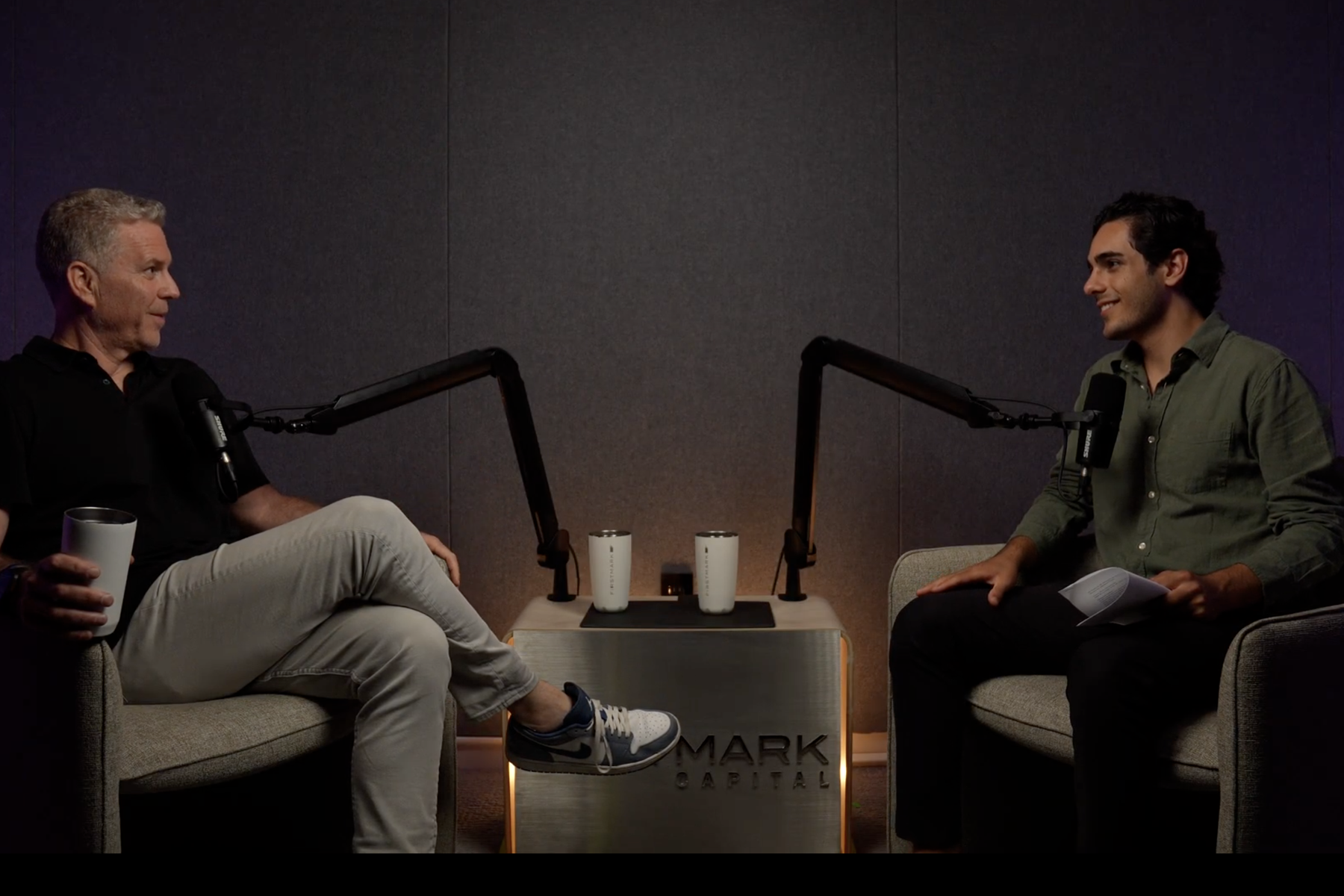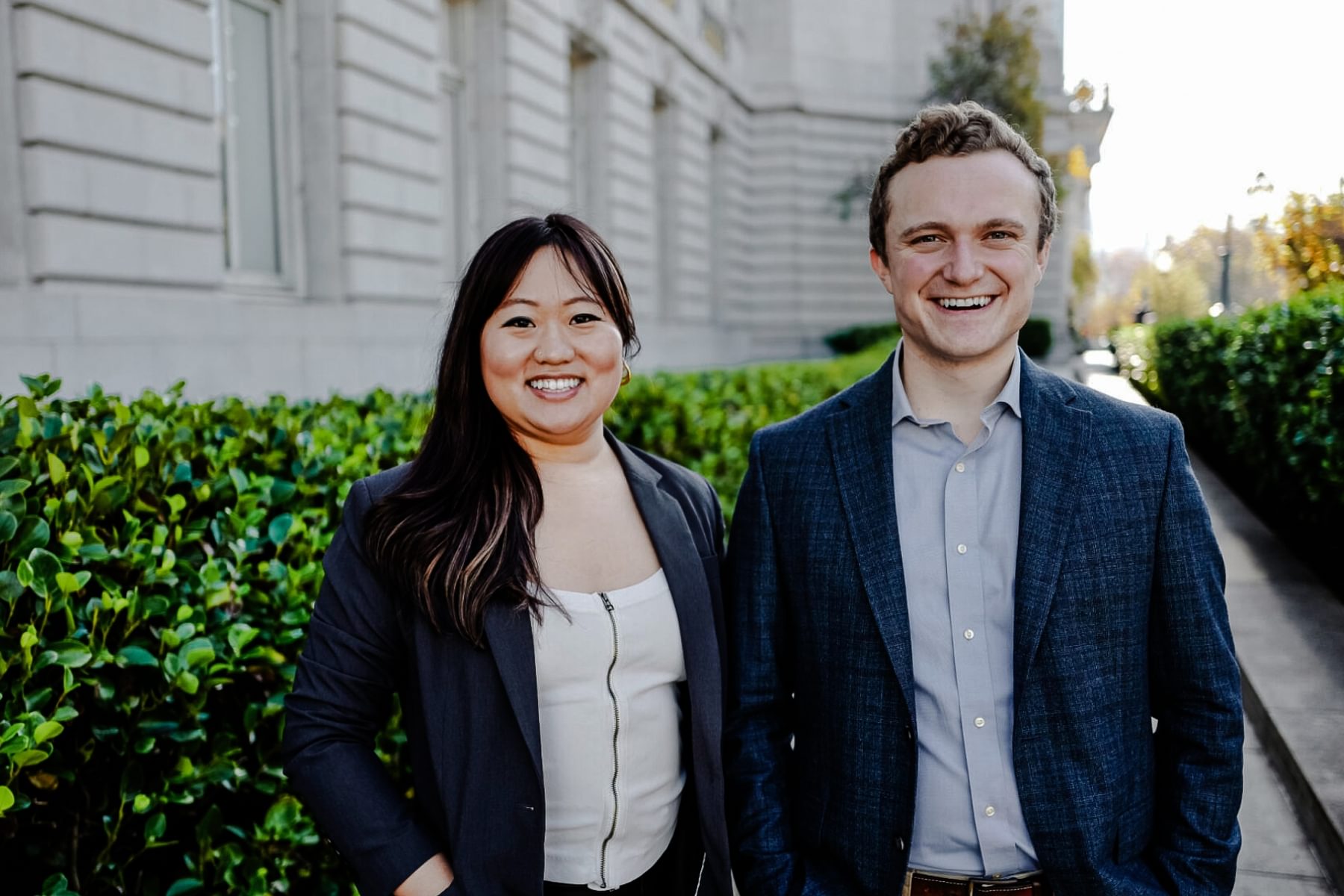Since launching four years ago, the Harvard i-lab has been a university-wide experiment aimed at fostering cross-disciplinary innovation. It has grown into a connective force for the One Harvard community and an example of the immense potential the university and the Allston area holds.
Like any new venture, the i-lab has continued to evolve.
When it opened in September 2014, the Harvard Launch Lab, a curated community for high-potential early-stage startups led by Harvard alumni, quickly filled up and has since had an overwhelming demand for spots. Last night, the Harvard Innovation Lab Ecosystem officially welcomed both members of the Allston community and innovators from the Boston area to the opening of the expanded Launch Lab.
After serving as a prototype for about one year, the tremendous demand and growth of the ventures at the Launch Lab have made it necessary to triple the size of the initial designated area in the building across the street from the i-lab on Western Avenue in Allston.
"We want to provide a functional space to support early and growth stage companies built by Harvard alumni that not only gives access to critical startup resources but also serves as a place to build meaningful and valuable connections with fellow Launch Lab teams and through the alumni network,” said Jodi Goldstein, managing director of the Harvard Innovation Lab Ecosystem.
“We expected high demand from alumni at the outset, so we were prepared to expand upon the initial conceit of the Launch Lab,” she said.
Harvard alumni are developing some of the most unique, creative, and impactful startups in the world, and the Launch Lab serves as a community in which they can be supported as they build the next generation of innovative companies. Currently, there are 26 ventures occupying the Launch Lab — made up of over 100 individual members — with founders representing eight different Harvard schools. Additionally, nearly 50 percent of the venture founders at the Launch Lab are female.
There is a remarkable diversity in the type of ventures being built — from health and science founders focused on delivering low-cost eye exams in remote locations, to social entrepreneurs offering a marketplace for homeless and disabled artists to sell their art, and technology and consumer product founders improving driver safety.
“What’s unique about the Launch Lab is its focus on high-value co-working space,” said Meridith Unger, founder and CEO of Nix, a Launch Lab-based alumni venture that has developed a single-use wearable sensor to provide real-time, personal hydration status.
“Founders have the flexibility to opt-in to the activities and programming that is beneficial for their team, while paying rent way below market rates for co-working space. Having that benefit while staying close to the Harvard network has already proven beneficial,” Unger added.
While built on nearly the same foundation as the i-lab — quite literally both buildings were once part of the WGBH campus in Allston — the Launch Lab will continue to fulfill the vision of Harvard’s Enterprise Research Campus. As the i-lab has already welcomed innovators from around the world, the Launch Lab serves as a space where Harvard startups grow into successful businesses in the city’s next community of innovators.
In the future, the area surrounding the Launch Lab — an area nearly 36 acres, which is 20 percent larger than Kendall Square — will represent one of the most robust innovation centers on the planet. With the Harvard Paulson School of Engineering moving to Allston, with a vibrant retail and residential scene already growing, there’s perfect compliment to the existing businesses and restaurants like those showcased at last night’s event, including Roxy’s Grilled Cheese, Whole Heart Provisions, Ariana Restaurant, Bon Chon Chicken, Soul Fire, and The Glenville Stops, among others.
With the impressive companies that the alumni founders are building at the Launch Lab, it's a great moment as the next phase of Allston’s innovation story emerges.





